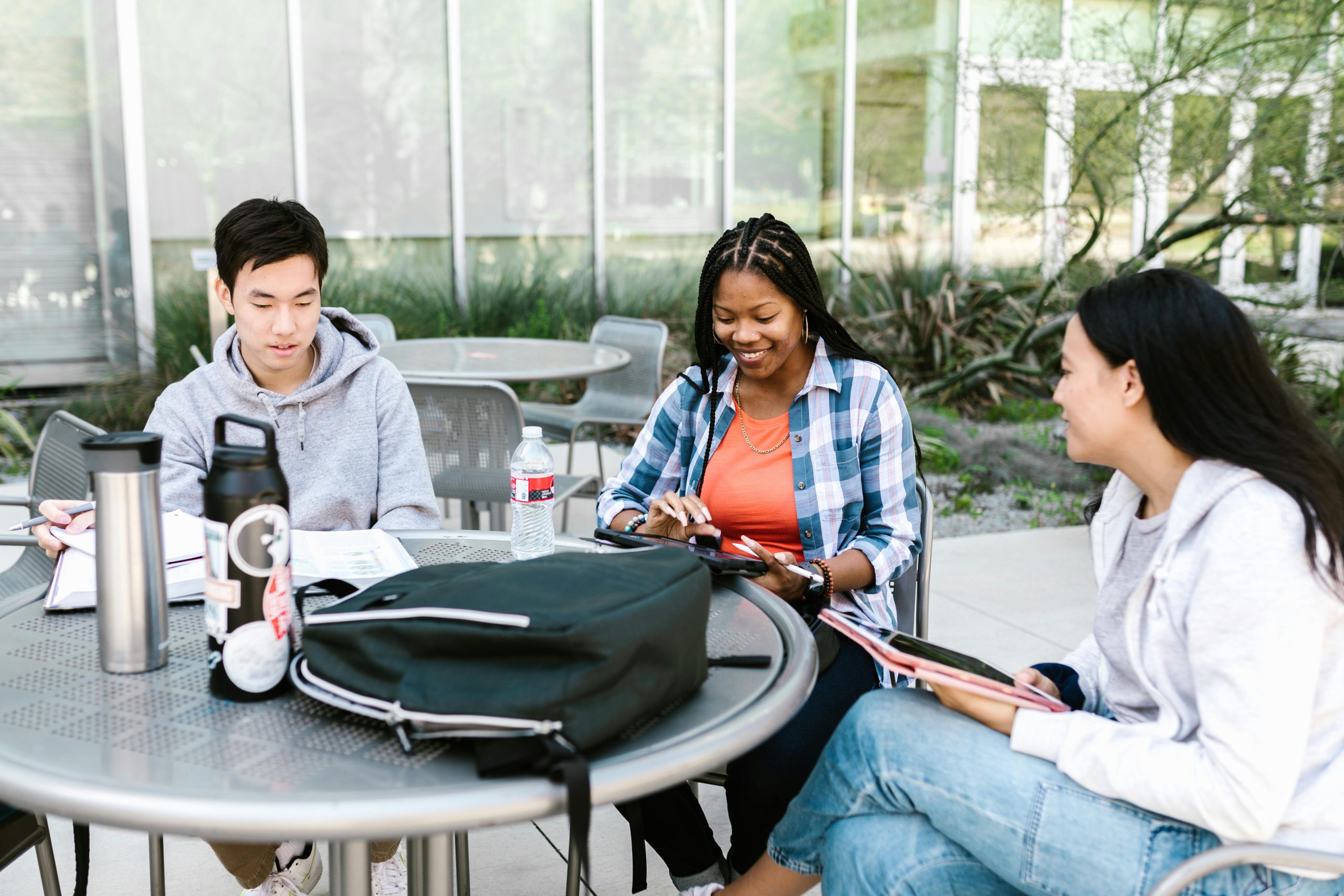Title: Navigating the Ethical Dilemmas of Public Education: To Advocate or to Opt for Private Resources?
As parents and guardians, we often face complex decisions regarding the best educational path for our children, especially when their needs don’t align perfectly with standard schooling options. A common dilemma revolves around whether to actively advocate for improved public education or to invest in private resources—such as private schooling or homeschooling—to ensure our child’s unique needs are met.
Understanding the Philosophical Perspective
This discussion raises important ethical questions about fairness and societal responsibility. For those working within public education systems, there’s a fundamental inquiry: Is it morally appropriate for parents to challenge school districts—sometimes through legal action—to secure the necessary accommodations for their children? When mainstream classrooms fall short, is suing a school district a justified means to advocate for a child’s access to equitable education?
Balancing Resources and Equity
On one hand, critics argue that diverting funding through legal interventions may threaten the equitable distribution of resources among all students. When a family legalizes their claim for specific services, concerns arise that it might diminish overall funds available for other children’s educational needs. Moreover, families with the means to pursue legal action might have an advantage over those who lack resources, potentially deepening inequalities.
On the other hand, strategic legal actions or advocacy efforts by families with the means could serve a broader purpose. By compelling school districts to fulfill their obligations effectively, such efforts can often lead to systemic improvements that benefit all students—especially those with special needs who might otherwise be overlooked.
The Value of Public Education and Personal Priorities
Public education has long been a cornerstone of societal development, emphasizing the importance of accessible quality education for every child. Many believe that if a family can help make the public system work for their child, they should. Strengthening public institutions ensures that they remain robust and inclusive, rather than becoming exclusive domains for only those who can afford private alternatives.
However, it’s crucial to remember that each child is a unique individual. Their needs and well-being take precedence over ideological debates or societal contributions. For families facing specific challenges—such as children with suspected special needs—the public system may not always be equipped to provide the necessary support, making private resources or advocacy efforts a vital consideration.
Personal Reflection and Moving Forward
As parents preparing to introduce a child with particular needs into the public school system, these questions linger: What is the most ethical approach? Should we focus on advocating within the system, or consider supplementing or opting out if
